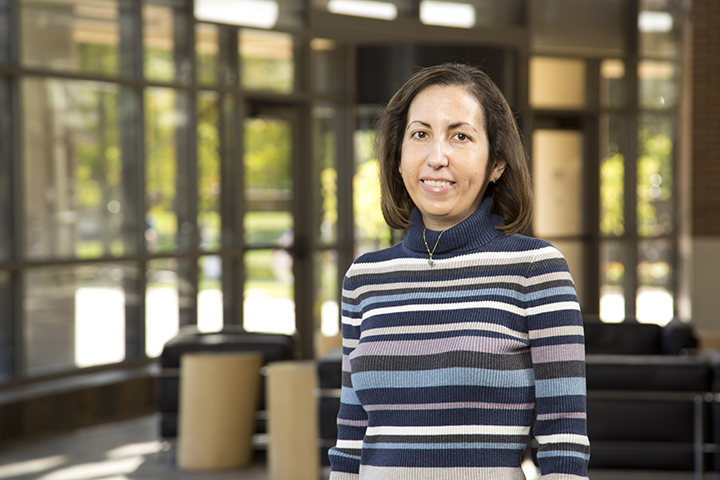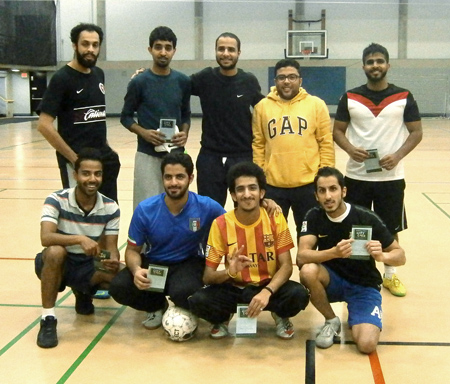Erin Cavusgil, Ph.D.
Associate Professor of Marketing
(Article by Kim Laux)
A business professional’s ability to recognize and respond to the forces at work in the world around you can lead to unprecedented success or an “out of business” sign on your door.
In the article, “A Perspective on Destruction Regeneration in International Marketing,” published in the Journal of the Academy of Marketing Science (2012),
Erin Cavusgil, Ph.D., and her co-author S. Tamer Cavusgil, Ph.D., examine how the global business landscape has changed in recent decades and how this affects companies searching for a leg up on the competition.
“As academics, we need to take a closer look at how our fields have evolved over the years—to better understand the current status and predict future outcomes,” said Cavusgil, a professor of marketing at UM-Flint. “This article identifies the ways the global landscape has changed in recent decades and how these changes impact corporations as they search for competitive advantage.”
Cavusgil’s research highlights four forces that currently define international marketing. The first is volatility and changes in the global economy and social terrain. She gives the example of a shift in prominence from the west to Asia and emerging markets as well as the rising middle class. The second force is turbulence of destructive shocks. This includes the impact of globalization, changes in communications and the importance of corporate social responsibility. The third force involves strategies used to cope with these changing market forces. To be successful, businesses must develop new strategies and ways of thinking in response to their dynamic environment. The fourth force is a new perspective of marketing performance. Companies cannot rely on outdated systems for assessing the effectiveness of their marketing tactics; performance needs to be measured with regard to how these four forces have impacted the field of international marketing.
“The larger business world needs to be cognizant of these forces as well as proactive in responding to them,” said Cavusgil. “As quoted from the article, To succeed in the new normal, MNEs [multinational enterprises] must develop early scanning capabilities; focus on what has changed and what remains basically the same for their customers, companies, and industries; and develop quick response and risk mitigation strategies. (p. 214) Businesses that have been successful in responding to and capitalizing on these environmental forces are known as rule breakers. These are companies like Apple, Amazon and Facebook.”
One of the most valuable lessons from Cavusgil’s research is the need for both academics and business professionals to develop a deeper understanding of foreign markets and how to effectively tap into them.
“Given that the economic welfare of our country is now intricately tied to emerging markets, we need to acquire greater understanding of how to succeed in these high-opportunity yet high-risk environments,” she explained. “Too many international firms still struggle to do well in the rapidly transforming economies.
“To this end, I and several colleagues have been methodically examining what makes these countries attractive for businesses. Specifically, we’ve been examining the rise of middle class households in such countries as Brazil, China, India and Turkey. Based on our data, we developed a quantitative benchmark of how well these economies have performed in terms of building their middle class consumers. We found, for example, South Korea and Taiwan have done exceptionally, whereas South Africa and Brazil have lagged relatively in adding to the ranks of their middle class households.
“In making such assessments, we tracked three indicators at the country level: disposable income, household expenditures and urban population. These factors appear to give a pretty robust indicator of an emerging market’s progress in creating new middle class consumers. We have publications pending on this research.”
In addition to the article published in the Journal of the Academy of Marketing Science, Cavusgil recently co-authored “Managing Global Megaprojects: Complexity and Risk Management,” which appeared in the International Business Review (Dec. 2013, vol. 22, no. 6). A blog highlighting some of the key points from this research can be found here.








